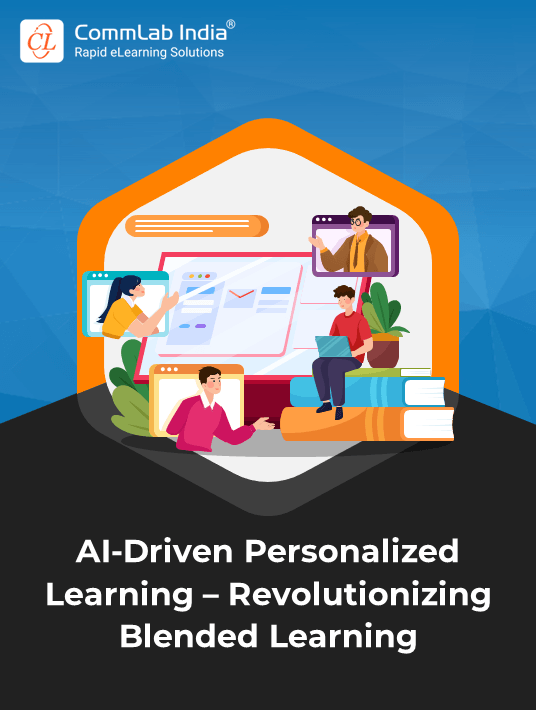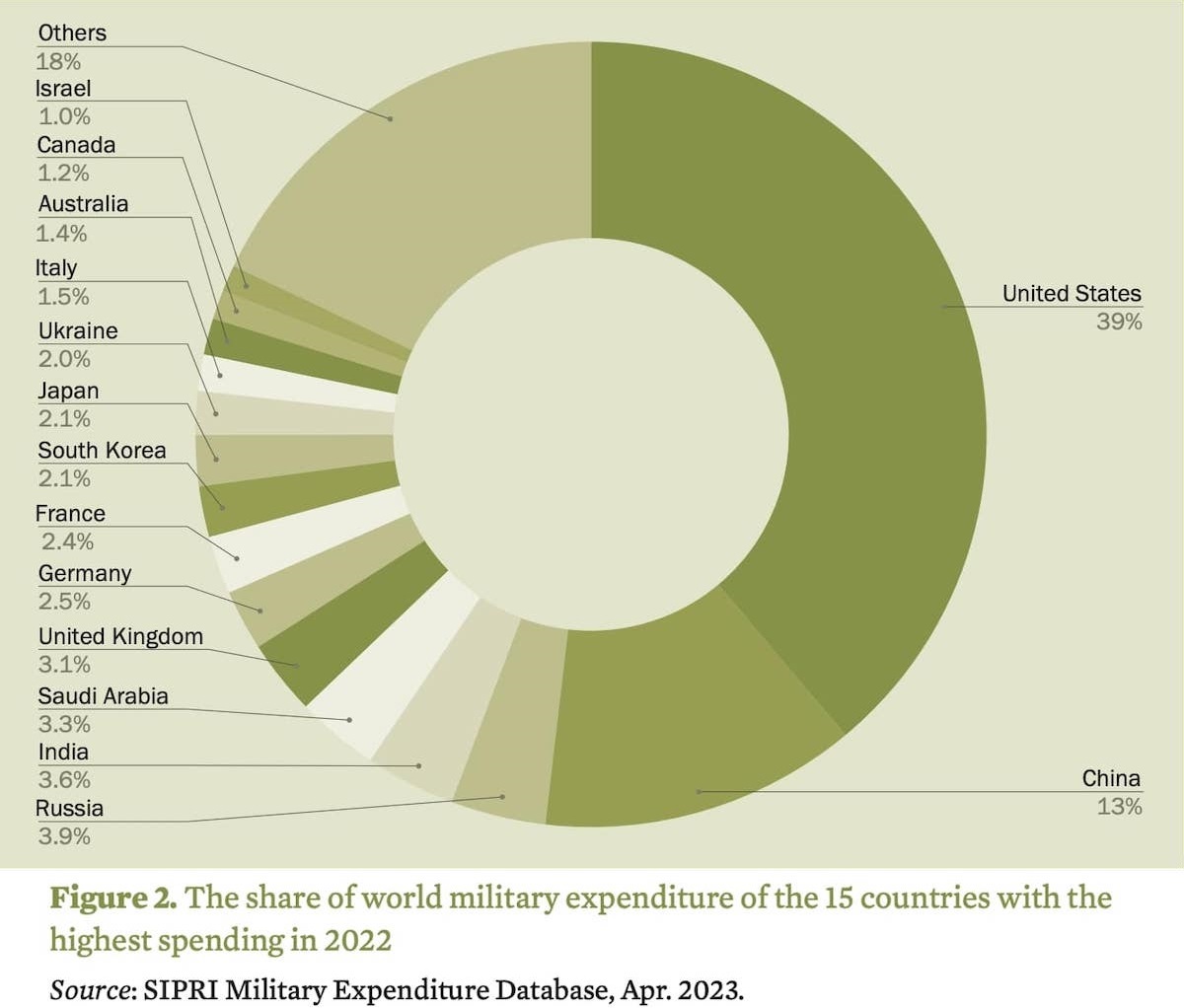Duolingo's AI-Driven Shift: Replacing Contract Workers

Table of Contents
Duolingo, the popular language-learning app, is making headlines for its shift towards AI-powered content creation. This move, while potentially boosting efficiency and reducing costs, raises significant questions about the future of its contract workers and the broader implications of AI in the gig economy. This article explores Duolingo's AI-driven transition, analyzing its impact on contract workers and examining the broader trends this represents.
Duolingo's Reliance on Contract Workers
The Previous Model:
Duolingo's success was, until recently, significantly reliant on a vast network of freelance translators, editors, and voice actors. This global workforce was crucial in providing the diverse range of languages and high-quality content that fueled the app's growth. The scale of this operation was substantial, contributing significantly to the app's localized content and rich user experience.
- Number of contract workers: While the exact number remains undisclosed, reports suggest thousands of contract workers contributed to Duolingo's content across numerous languages.
- Types of roles filled by contractors: These roles included translation, editing, voice recording, and linguistic review, all vital components of the language-learning experience.
- Geographical distribution of workforce: The contract workforce was globally distributed, reflecting Duolingo's ambition to offer language learning resources worldwide.
The Cost Factor:
The shift towards AI is largely driven by financial considerations. Maintaining a large network of contract workers involves significant ongoing costs, including payment for services, project management, and quality control. Automation offers a potentially more cost-effective solution.
- Comparative costs of human vs. AI content creation: While initial investment in AI infrastructure is substantial, the long-term running costs of AI are often lower than managing a large human workforce.
- Scalability advantages of AI: AI can generate content much faster than humans, enabling Duolingo to expand its language offerings and update its content more frequently. This scalability is crucial for growth in a competitive market.
- Potential long-term cost benefits: The long-term cost savings promised by AI-driven content creation are a key driver in Duolingo's strategic shift.
The Integration of AI in Content Creation
AI-Powered Translation and Localization:
Duolingo is leveraging AI for various aspects of content creation previously handled by humans. This includes automated translation, adaptation of content for different languages and cultures, and even the generation of new exercises and learning materials.
- Specific AI tools used: Duolingo likely employs a combination of machine learning models and Natural Language Processing (NLP) techniques to power its AI-driven content creation. The specific tools remain largely confidential.
- Examples of AI-generated content: While not publicly disclosed, this likely includes parts of the app's lesson materials, vocabulary lists, and even some voice-over recordings.
- Quality control measures for AI-created materials: Despite automation, human oversight and quality control remain crucial to ensure accuracy, fluency, and an effective learning experience.
Impact on Content Quality and User Experience:
The use of AI in content creation raises concerns about the quality and user experience. While AI can enhance speed and scalability, it may not always replicate the nuance and accuracy of human translators and editors.
- Potential benefits of AI: AI allows for faster updates, wider language coverage, and potentially more personalized learning experiences based on user data.
- Potential drawbacks of AI: AI-generated content might lack the subtle linguistic nuances crucial for effective language learning. Errors in translation or awkward phrasing could negatively impact the learning experience.
The Impact on Contract Workers and the Gig Economy
Job Displacement and Workforce Transition:
Duolingo's transition to AI inevitably affects its contract workers. The potential for job displacement is a serious concern for those whose roles have been automated.
- Number of workers potentially affected: The exact number remains unclear, but a significant portion of Duolingo's previous contract workforce may find their roles reduced or eliminated.
- Support offered by Duolingo to displaced workers: The company's responsibility includes providing adequate support to affected workers, such as retraining programs or assistance in finding new employment opportunities. The extent of this support remains to be seen.
- Broader implications for the gig economy: Duolingo's experience reflects a broader trend of automation impacting the gig economy, raising concerns about job security and the future of freelance work.
Ethical Considerations and Corporate Responsibility:
Duolingo's decision raises important ethical questions. The company has a responsibility to act ethically and transparently in its transition to AI-driven content creation.
- Transparency in communication: Open communication with affected contract workers is crucial for maintaining trust and fairness.
- Fairness in compensation: Ensuring fair compensation for the contributions of its previous contract workforce is a key ethical consideration.
- Potential for retraining programs: Providing resources and training to assist displaced workers in adapting to new roles demonstrates corporate responsibility and minimizes the negative impact of the transition.
Conclusion:
Duolingo's shift towards AI-driven content creation offers potential cost savings and scalability but presents significant challenges for its contract workers and raises ethical questions about the future of work in the gig economy. The transition highlights the growing impact of AI on various industries and the need for responsible and ethical implementation of these technologies. The future of language learning and the role of AI in this rapidly evolving field is a topic that demands further discussion. Learn more about the impact of AI on Duolingo and the broader implications for contract workers by researching related articles and exploring the ongoing conversation about AI's influence on the language learning landscape and the future of work. Participate in the discussion about Duolingo's AI-driven shift and its effect on the broader job market and the gig economy.

Featured Posts
-
 Analyzing The Surge In Global Military Spending Europes Security Dilemma
May 01, 2025
Analyzing The Surge In Global Military Spending Europes Security Dilemma
May 01, 2025 -
 Frances Rugby Triumph Duponts 11 Point Masterclass Against Italy
May 01, 2025
Frances Rugby Triumph Duponts 11 Point Masterclass Against Italy
May 01, 2025 -
 7 37
May 01, 2025
7 37
May 01, 2025 -
 Millions Stolen Hacker Targets Executive Office365 Accounts Authorities Report
May 01, 2025
Millions Stolen Hacker Targets Executive Office365 Accounts Authorities Report
May 01, 2025 -
 Global Defense Spending Europes Response To The Evolving Security Landscape
May 01, 2025
Global Defense Spending Europes Response To The Evolving Security Landscape
May 01, 2025
